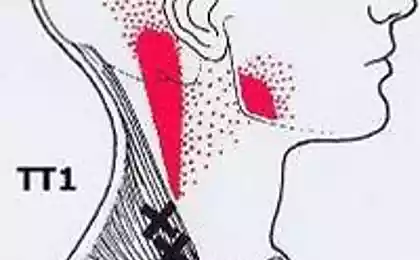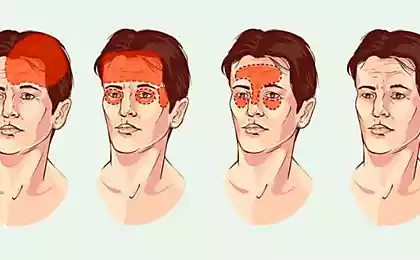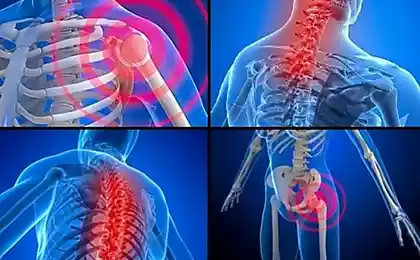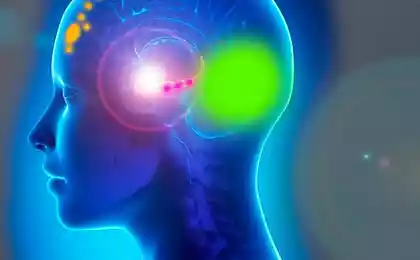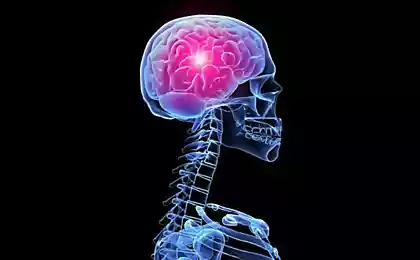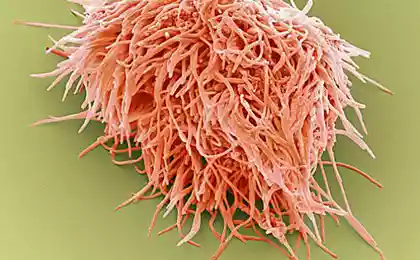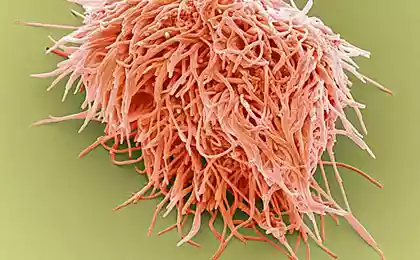980
Ancient people did not suffer from a toothache

Changes in diet caused a deterioration of the general hygienic condition of the mouth
Research preserved in calcified dental bacteria DNA of ancient humans have allowed scientists to discover new information about the impact on our health and nutrition in general, conditions of our lives, covering the period from ancient times to the present.
Through the study of bacteria it was revealed that the change in the diet causes a deterioration in the overall hygienic condition of the oral cavity. In particular, people are faced with such problems during the transition to farmers and later, when the loudly proclaimed itself the industrial revolution, accomplished a revolution in the field of production.
An international team of researchers led by the University of Adelaide Research Center of ancient DNA (ACAD), where the work was carried out, presented their findings in the journal Nature Genetics. The paper was also actively involved University of Aberdeen and the Wellcome Trust Sanger Institute in Cambridge (UK).
"We have received a unique material examining which could determine how the evolution of mankind during the last 7500 years, was able to influence the evolution of an accompanying us kind of bacteria and how it affected human health, - says study leader Professor Alan Cooper, Director of ACAD . - Today we are witnessing a much smaller variety of species of bacteria in the mouth of modern man in comparison with oral ancient man, as revealed scientists, contributes to the fact that modern man, living in a post-industrial societies illness of a chronic nature in the area of the oral cavity and in other areas are developing more and more actively ».
What sort of materials for the study, researchers had? In their possession were 34 human skeletons found in Northern Europe, and studied the DNA they were seized from their jaws. Test them, scientists were able to track changes in the evolution of bacteria in the mouth of the latter subspecies of people who were engaged in the gathering, and the first of those who began the practice of farming, - this is the era of the Bronze Age and the beginning of the Middle Ages.
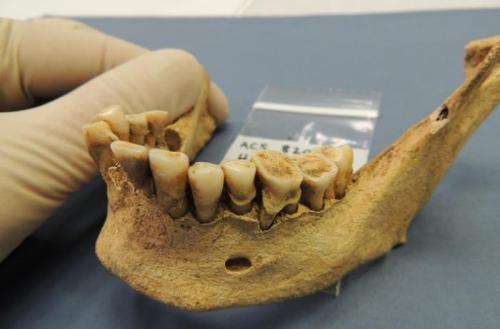
"Plaque is the only easily accessible source of information about the evolution of bacteria a person - says the study's lead author Dr. Christina Adler; She conducted research when I was a graduate student at the University of Adelaide, and is currently working at the University of Sydney. - Genetic analysis of plaque can reveal new information about diet, health and evolution of the genome of the bacteria of the mouth ».
According to Professor Cooper, "the composition of oral bacteria has changed significantly with the advent of agriculture, and once again - about 150 years ago, with the introduction of a diet of processed sugar and flour during the Industrial Revolution. We see that dramatically reduced the diversity of oral bacteria, allowing bacteria to decay to become predominant. And in the mouth of modern man, the disease is almost always present ».
Professor engaged in this project together with the archaeologist and co-director, Professor Kate Daubney from the University of Aberdeen (where she worked the past 17 years). "I found out that nest of tartar on the teeth of ancient consist of dense masses of hard calcified bacteria and food residues, but to determine the types of bacteria, I could not. The explanation was the DNA of ancient man, "- says the professor-like.
However, the research team was not able to fully explore the background levels of bacterial contamination until 2007, until ACAD not appear ultraclean lab with strict decontamination and authentication protocols.
Currently, the research group is expanding the scope of their studies on time and territory, including other types of ancient people - such as, for example, the Neanderthals.
In Egypt, discovered 14 statues of the goddess Sekhmet War
Faster than light: a special project of NASA
